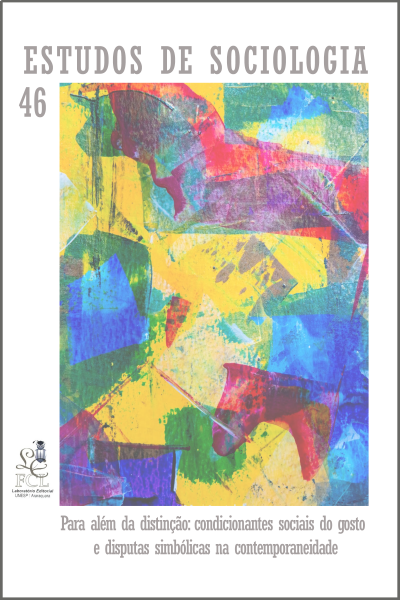A teoria das classes de Pierre Bourdieu
DOI:
https://doi.org/10.52780/res.12245Palavras-chave:
Pierre Bourdieu, Teoria sociológica, Classes sociais,Resumo
O que explica a enorme popularidade da teoria crítica de Bourdieu na academia e, particularmente, na sociologia dos EUA? Este ensaio examina duas respostas. Uma é que Bourdieu oferece uma explicação macrossociológica convincente da sociedade contemporânea, à altura daquelas de Marx, Weber ou Durkheim. Entretanto, um exame mais rigoroso mostra que Bourdieu falha nessa empreitada. Seu trabalho não oferece nem uma análise das classes ancorada empiricamente, nem uma explicação da reprodução ou da mudança sociais. Assim, concluo que a popularidade de Bourdieu não pode ser resultado do poder de suas explicações. Há, porém, uma segunda resposta: a sociologia de Bourdieu é popular por causa das condições sociais específicas à academia dos EUA hoje. Nesse contexto, em que intelectuais ganham recompensas ao perseguir uma estratégia de distinção, em que eles não têm muita conexão organizativa com os movimentos populares e em que seus interesses materiais se encontram na defesa de seus privilégios, a sociologia de Bourdieu é altamente atrativa. Ela efetivamente ressoa a experiência vivida dos acadêmicos e serve para articular seus interesses políticos mais fundamentais.Downloads
Não há dados estatísticos.
Downloads
Publicado
29/07/2019
Como Citar
RILEY, D. A teoria das classes de Pierre Bourdieu. Estudos de Sociologia, Araraquara, v. 24, n. 46, 2019. DOI: 10.52780/res.12245. Disponível em: https://periodicos.fclar.unesp.br/estudos/article/view/12245. Acesso em: 11 jan. 2026.
Edição
Seção
Artigos
Licença

À revista Estudos de Sociologia ficam reservados os direitos autorais pertinentes a todos os artigos nela publicados.
Os artigos publicados e as referências citadas na revista Estudos de Sociologia são de inteira responsabilidade de seus autores.
A Estudos de Socilogia utiliza a licença https://creativecommons.org/licenses/by/4.0/ (CC BY), que permite o compartilhamento do artigo com o reconhecimento da autoria.



